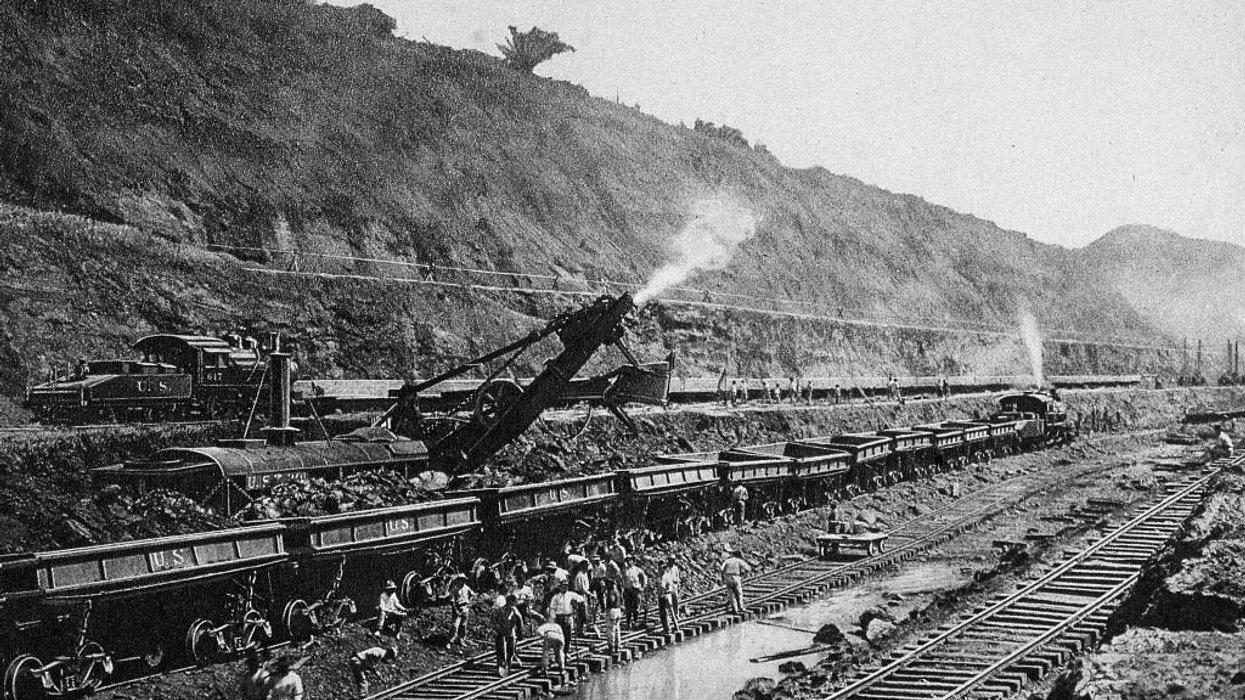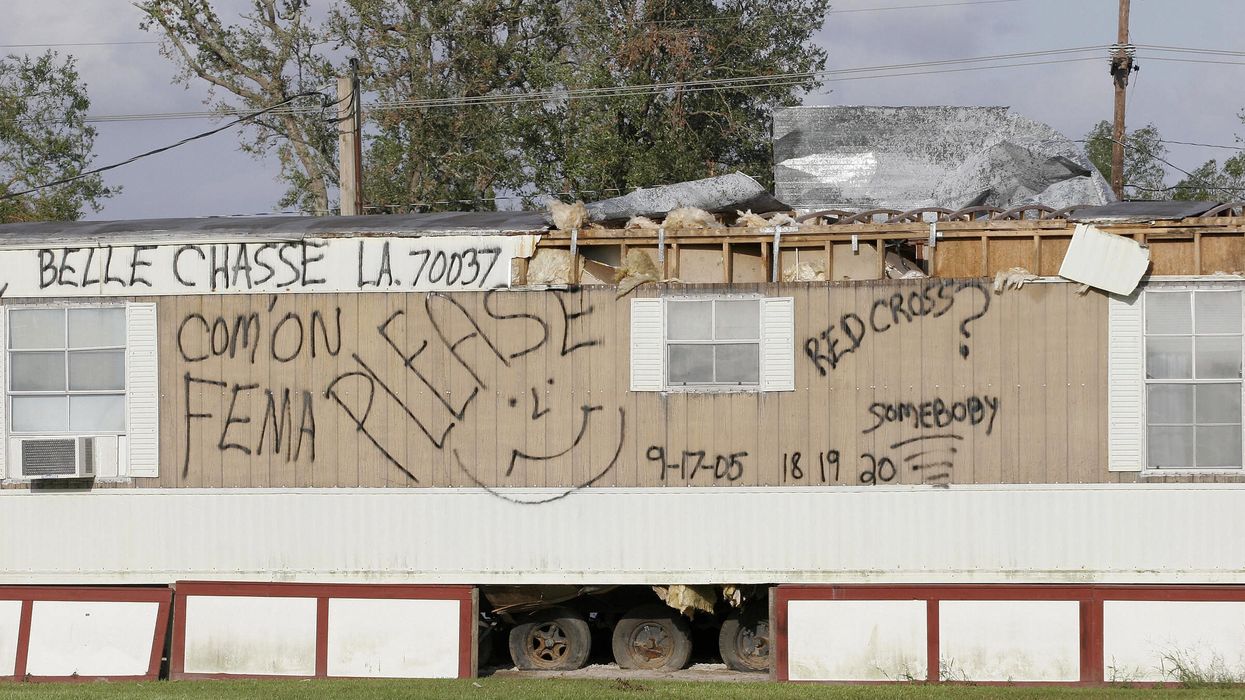Greece has literally been on fire the past few days, with protesters burning businesses and buildings in response to the poor economic conditions and the austerity plans that would be tied to any kind of bailout for the Mediterranean country. Finally, the media is picking up on the story, but the real questions should be why did they not see it sooner and why are they not seeing the parallels to America?
By many indicators, Greece is devolving into something unprecedented in modern Western experience. A quarter of all Greek companies have gone out of business since 2009, and half of all small businesses in the country say they are unable to meet payroll. The suicide rate increased by 40 percent in the first half of 2011. A barter economy has sprung up, as people try to work around a broken financial system. Nearly half the population under 25 is unemployed. Last September, organizers of a government-sponsored seminar on emigrating to Australia, an event that drew 42 people a year earlier, were overwhelmed when 12,000 people signed up. Greek bankers told me that people had taken about one-third of their money out of their accounts; many, it seems, were keeping what savings they had under their beds or buried in their backyards. One banker, part of whose job these days is persuading people to keep their money in the bank, said to me, “Who would trust a Greek bank?”
It later adds:
For months, Greece has sat at the epicenter of an economic crisis that is threatening the foundations of Europe and that has the potential to bring new waves of economic upset to America. The latest austerity plan meant to satisfy Greece’s creditors and allow for new infusions of financial aid may have averted involuntary default — and a global economic downturn — but will nonetheless make life for ordinary Greeks even more difficult. The plan reduces the minimum wage by more than 20 percent, mandates thousands of layoffs and reduces some pensions, probably ensuring that strikes and demonstrations will continue to be a feature of the Greek landscape.
On radio this morning, Glenn read from the report “It’s not uncommon to see decently dressed Greeks discreetly rummaging through garbage bins for food. A new book about how the country survived the Nazi occupation — “Starvation Recipes” — has become a surprise hit.”
Glenn jokingly paged the head of his publishing division to say that they should be publishing a similar book.
“All of these things I've told would come, and I've told you to prepare for,” Glenn said.
Glenn said that he was routinely mocked for some of his predictions by people like Jon Stewart and Stephen Colbert, but the Greek people would likely not find those jokes amusing now.
The NYT article also notes a strange sense of relief that has washed over the Greek people. But why?
“They knew the reckoning was coming. And at least they're dealing with the truth now. The truth will set you free even though it will make you miserable at first. It will set you free. I think Americans actually long for the truth. We'll make it. And we've made it before. And we will help the people in Europe that haven't made it. We'll help them. Just as we always do. If we don't lose our faith. If we don't lose what makes us truly Americans,” Glenn explained.
“Greece is at the beginning of this cycle. What's going to happen in Europe is going to be a rerun of the 1930s but it will sweep the world,” Glenn said.














